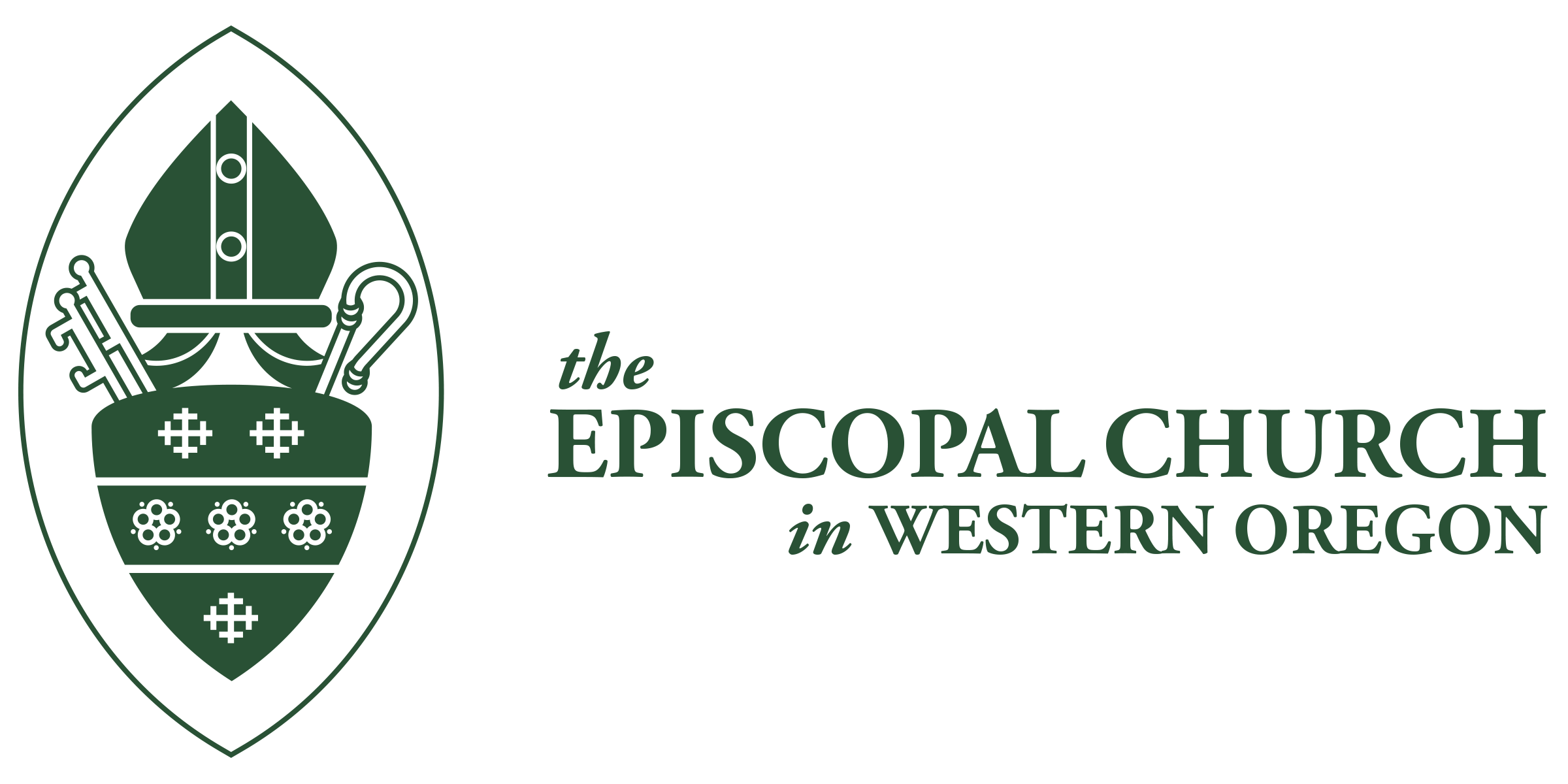Dear Friends in Christ,
Many of you have seen the video we released previously of my apology to the Rev. Alcena Boozer on behalf of this diocese. Not everyone knows her story, and although she shares part of the story in the video, I do not believe it is her job to revisit the details to satisfy our curiosity. It is also not the purpose of the video to suggest that any one person is responsible for the racism she experienced. The apology is important, indeed necessary, to begin the work of repairing the harm caused by an entire system of which we are all part.
Apologies come in many forms with a variety of frames and foundations and the particular manner in which our Christian faith grounds our confession provides everything we need to understand the “why” of confession and reconciliation. The freedom of choice that God has given us means that we, because of our human condition, will falter and do damage. As followers of Jesus, we are called to practice confession and reconciliation as a fundamental act of restoring our relationship with one another and, therefore, with God.
The sin of racism tears at the Body of Christ weakening our capacity to fulfill God’s law.
In both the Old Testament and the New Testament, we hear: Love the Lord your God with all your heart, with all your soul, and with all your mind. Love your neighbor as yourself.
Indeed, the key to understanding Jesus’ summary of the law is to see them as interconnected; it is impossible to fulfill one law without fulfilling the other. If we say that we love God with all that we have and are yet to turn a blind eye to the cruelty of racism, we have a very distorted relationship with God. And if we say we love our neighbor until it is inconvenient, we have begun to turn away from fulfilling God’s call.
Of course, we fail to fulfill these commandments quite regularly, so there is no expectation of perfection in our human state. What is expected of us – what God desires – is that we acknowledge when we drift from God and do what is needed to apologize and return. Our confession provides a way to return to God using simple language that encompasses a profound truth about God’s mercy. By naming and owning our weaknesses, which lead us astray more than we’d like, and by asking to be forgiven, God always says, “Yes! I’m glad you have returned, my beloved.” God does not require punishment in order for us to return. There is no shame, no ostracizing, no shunning, no ridicule. It is through receiving God’s mercy in this way that we deepen our relationship with God and one another.
The challenge for us in today’s world is to resist the cultural pull to never admit a wrong. Our faith calls us to resist the path of denial — the refusal to take responsibility for our wrongs.
A life in Christ calls us to continually work to build up the Body of Christ, to resist the forces that tear at it, and to do this work by loving our neighbors because we love God with all that we have and are. And when we fall short – as we will – our call to confession will bring us home to God’s embrace.
Blessings,

